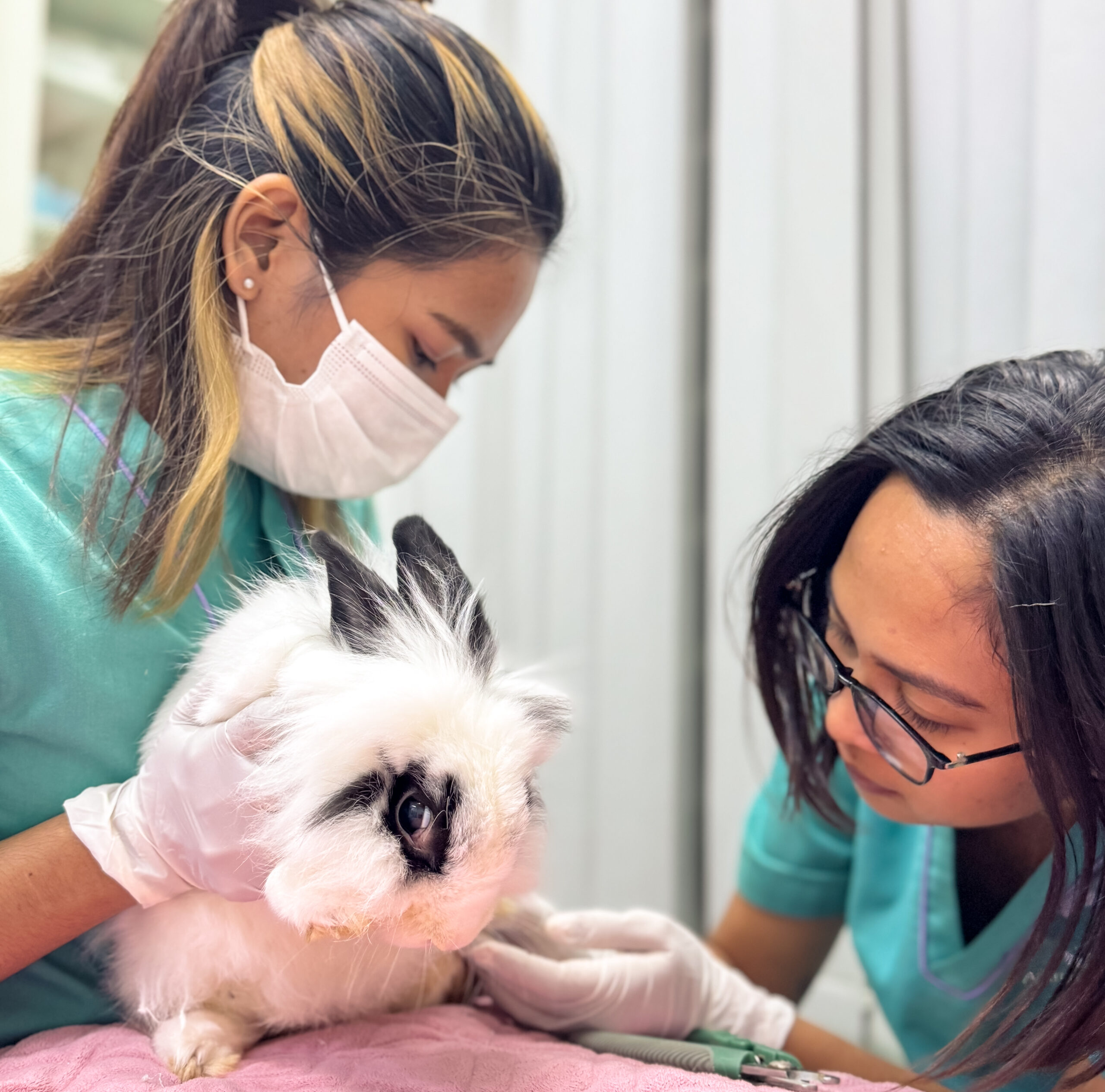How often should I take my pet to the vet?
As a responsible pet owner, one of the most vital decisions you can make is to ensure your pet gets regular veterinary care. Regular check-ups are essential for keeping your pet healthy, detecting potential issues early, and ensuring a happy and long life.
In this article, we’ll discuss the importance of vet visits, the recommended frequency, and what you can expect during these visits for pets at different life stages.

Why are regular vet visits important?
Your pet can’t tell you when something’s wrong. Many health issues can develop gradually and go unnoticed until they’re advanced, making early detection and prevention crucial. Regular vet visits:
- Detect hidden health problems.
- Provide preventive care (vaccinations, dental cleaning, deworming, and parasite control).
- Offer essential advice on diet, exercise, and overall wellness.
- Build a complete health history for your pet.
How often should my pet see a vet?
Symptoms can be tricky as they vary, but here are the most common ones to watch for:
- Fever
- Eye and nose discharge
- Lethargy
- Loss of appetite
- Coughing and breathing issues
- Vomiting and diarrhea
- Neurological issues like twitching or seizures
Puppies and kittens (0-1 Year)
Young pets need the most attention, as their immune systems are still developing.
Frequency: Every 3 – 4 weeks until they are 4 months old.
Purpose:
- Vaccinations and booster shots.
- Deworming and parasite control.
- Spay/neuter consultation.
- Growth and developmental evaluations.
Adult Pets (1–7 Years)
Once your pet reaches adulthood, regular check-ups are crucial to monitor their health and detect any early signs of disease. Frequency: Annually or more often if recommended by your vet.
Purpose:
- Physical exams to detect potential issues like weight fluctuations, dental disease, or skin conditions.
- Routine blood tests, especially for breeds predisposed to certain health issues.
- Ongoing vaccinations and parasite prevention.
Senior Pets (7+ Years)
As pets age, their health needs become more complex. Older pets are prone to chronic conditions such as arthritis, heart disease, hip problems, diabetes, or kidney disease. Frequency: Every 6 months or as needed based on your vet’s advice.
Purpose:
- Thorough examinations for age-related health issues.
- Regular blood work to assess organ function.
- Pain management and mobility support.
Special considerations for exotics
If you have a rabbit, guinea pig, bird, or reptile, they also require regular veterinary care.
- Exotics often mask signs of illness, making check-ups essential.
- Their diet and habitat setup need to be routinely assessed by a vet experienced in exotic pets.
- The frequency of visits will depend on your pet’s species and needs, but annual visits are typically a minimum recommendation.
What happens during a routine vet visit?
During a vet visit, your pet will go through:
- Physical examination:
The vet will check your pet’s eyes, ears, teeth, coat, skin, and overall body condition.
- Vaccination updates:
Essential vaccinations will be administered, and your pet’s vaccination schedule will be reviewed.
- Parasite prevention:
Your vet will recommend flea, tick, and worm prevention tailored to your pet’s lifestyle.
- Dental health check:
A quick examination of your pet’s teeth and gums can reveal potential dental issues.
- Lab work & Imagining (if needed):
Tests like blood work, urinalysis, fecal exams, ultrasound or X-ray may be recommended to check for internal issues.
How to recognize when to schedule an extra vet visit
In addition to regular check-ups, you should seek veterinary care if your pet:
- Appears lethargic or depressed.
- Has a sudden change in appetite or water consumption.
- Is vomiting or has diarrhea.
- Shows signs of pain, lameness, or breathing issues.
Your pet’s health starts with regular check-ups
Animal Mama hospital – is a veterinarian hospital in Phnom Penh and Siem Reap, which is always open in case you need help. We believe every pet deserves quality care to ensure they live their happiest, healthiest life. Our skilled team offers comprehensive check-ups for all types of pets, tailored to their life stage and specific needs.
Don’t wait, contact Animal Mama Hospital and schedule your pet’s next appointment with us today!
Because Animals Are People Too
FAQ: How often should my pet see a vet?
- Should indoor pets visit the vet as often as outdoor pets?
Yes! Indoor pets still need regular veterinary care for vaccinations, dental health, and to detect potential hidden illnesses.
- Can a vet visit help prevent disease?
Absolutely! Preventive measures like vaccinations, parasite control, and early diagnosis can save your pet from severe health problems.
- What should I bring to my pet’s vet appointment?
Bring vaccination records, a list of any medications your pet takes, and note any behavioral or physical changes you’ve observed.
- Do smaller pets, like rabbits or guinea pigs, need yearly check-ups?
Yes! Exotics also require annual exams to ensure their diet, environment, and overall health are optimal.

